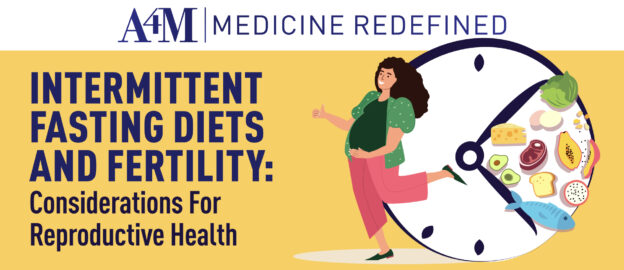A year of incredible progress, 2023 saw scientific breakthroughs abound. From revelations in epigenetic reprogramming and cellular biology to advancements in medical artificial intelligence technology, the longevity and anti-aging medicine movement forged forward at breakneck speed — and we did our best to keep pace.
So that you, valued members of our community of innovative health professionals, never missed a beat. Armed with the latest research takeaways, best practices, and breaking news, A4M Blog readers always stay ahead of the curve.
Stepping into 2024, we reflect on the monumental discoveries unlocked across the longevity landscape last year and the ones you found most captivating. We’ve gathered 2023’s most popular articles and hope you help us determine the A4M Reader’s Choice Award winner by casting your vote below! And the nominees are…



